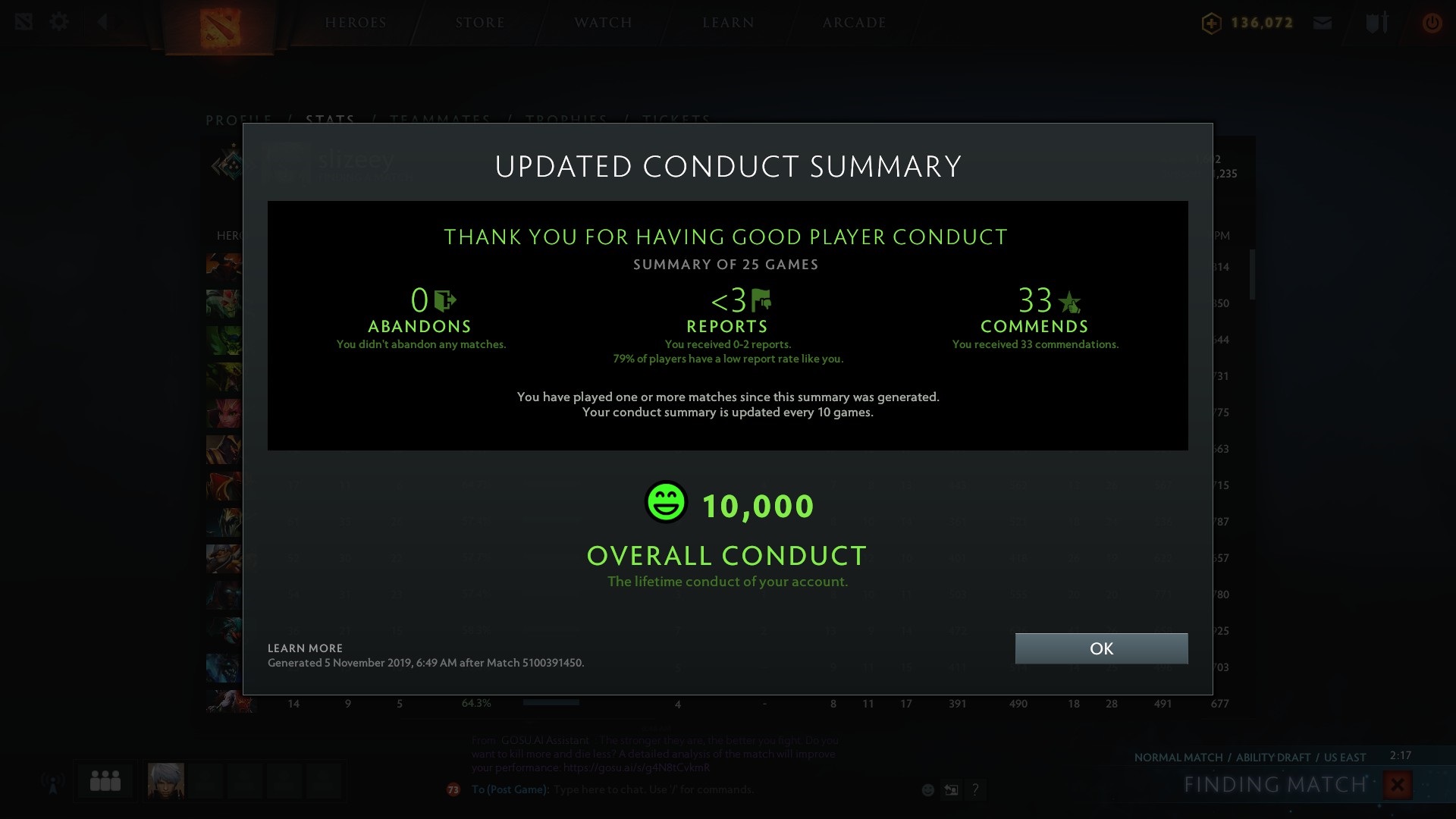In the high-stakes world of professional esports, where millions are earned and legacies are forged, the minutiae of in-game conduct might seem a trivial concern. Yet, for Ammar “ATF” Assaf, a prominent figure in the competitive Dota 2 scene, his recent encounter with the game`s behavior score system has brought this very issue into sharp focus. Assaf now finds himself in an unusual predicament: his in-game voice and text communication capabilities have been suspended, a direct consequence of his “politeness rating” plummeting below the critical 5,000 threshold.
The System at Play: Valve`s Behavior Score
Dota 2, developed by Valve Corporation, employs a sophisticated system to govern player conduct known as the “behavior score.” This hidden numerical rating, ranging from 1 to 12,000, reflects a player`s overall sportsmanship and interaction quality within the game. It is influenced by a multitude of factors, including player reports for abusive chat or griefing, and commendations for positive play. The system`s primary objective is to segregate players based on their conduct, ideally creating more enjoyable matchmaking experiences for everyone.
A score below 5,000 is generally considered indicative of a consistently negative in-game presence, often leading to severe restrictions. For players operating at the apex of competitive gaming, where precise communication is not merely an advantage but an absolute necessity, such a limitation can be crippling.
ATF`s New Silence: More Than Just Muted
The implications of ATF`s reduced behavior score extend far beyond a simple chat ban. As he shared on social media, the current level of “politeness” not only renders voice and text chat unusable but also curtails several other critical in-game functions:
- Inability to Ping Abilities: A fundamental communication tool for coordinating spells and item usage.
- Restricted Tipping: The social gesture of “tipping” opponents or allies, often used for banter or recognition, is disabled.
- Mini-map Drawing Limitations: Essential for tactical planning and indicating movements.
- Access to Other Functions: The system may also restrict participation in certain game modes or access to specific features designed for high-behavior players.
For a professional player whose career hinges on seamless team coordination and split-second decisions, operating under such constraints in public matchmaking is akin to driving a race car with crucial dashboard indicators removed. It`s an inconvenience that quickly escalates to a significant competitive disadvantage.
An Ironic Acceptance: “I Guess the System Works”
In a surprising, and perhaps subtly ironic, response to his predicament, ATF posted a screenshot of his updated behavior score with the caption: “I guess the politeness system works.” This statement, from a player known for his aggressive playstyle and occasional fiery demeanor, offers a somewhat bemused nod to the efficacy of Valve`s enforcement. It underscores the point that even top-tier athletes are not exempt from the community standards the game endeavors to uphold.
The Broader Battle Against Toxicity
ATF`s situation is not an isolated incident but rather a high-profile illustration of an ongoing challenge within online gaming: toxicity. Game developers, including Valve, have continually refined their systems to combat disruptive behavior. This commitment to fostering a healthier environment is not new. Only recently, another former professional player, Mason “mason” Venne, faced a ban in Dota 2 for allegedly attempting to circumvent the behavior score system through account sharing, a practice often used to boost a low score. These instances collectively highlight the game`s developers` unwavering stance against negative conduct, regardless of a player`s celebrity status or competitive standing.
Conclusion: A Level Playing Field for Conduct
The case of ATF serves as a compelling reminder that even in the cutthroat world of esports, basic tenets of sportsmanship and conduct are paramount. While the desire to win often pushes boundaries, the underlying systems are designed to ensure that competitive drive does not devolve into outright abuse. Valve`s behavior score system, with its seemingly quaint “politeness rating,” acts as a crucial arbiter, reinforcing the idea that a healthy gaming environment is a collective responsibility. It appears that for every exceptional play made on the virtual battlefield, there must also be a baseline of respectful interaction, a standard to which even the most celebrated professionals must ultimately adhere.

